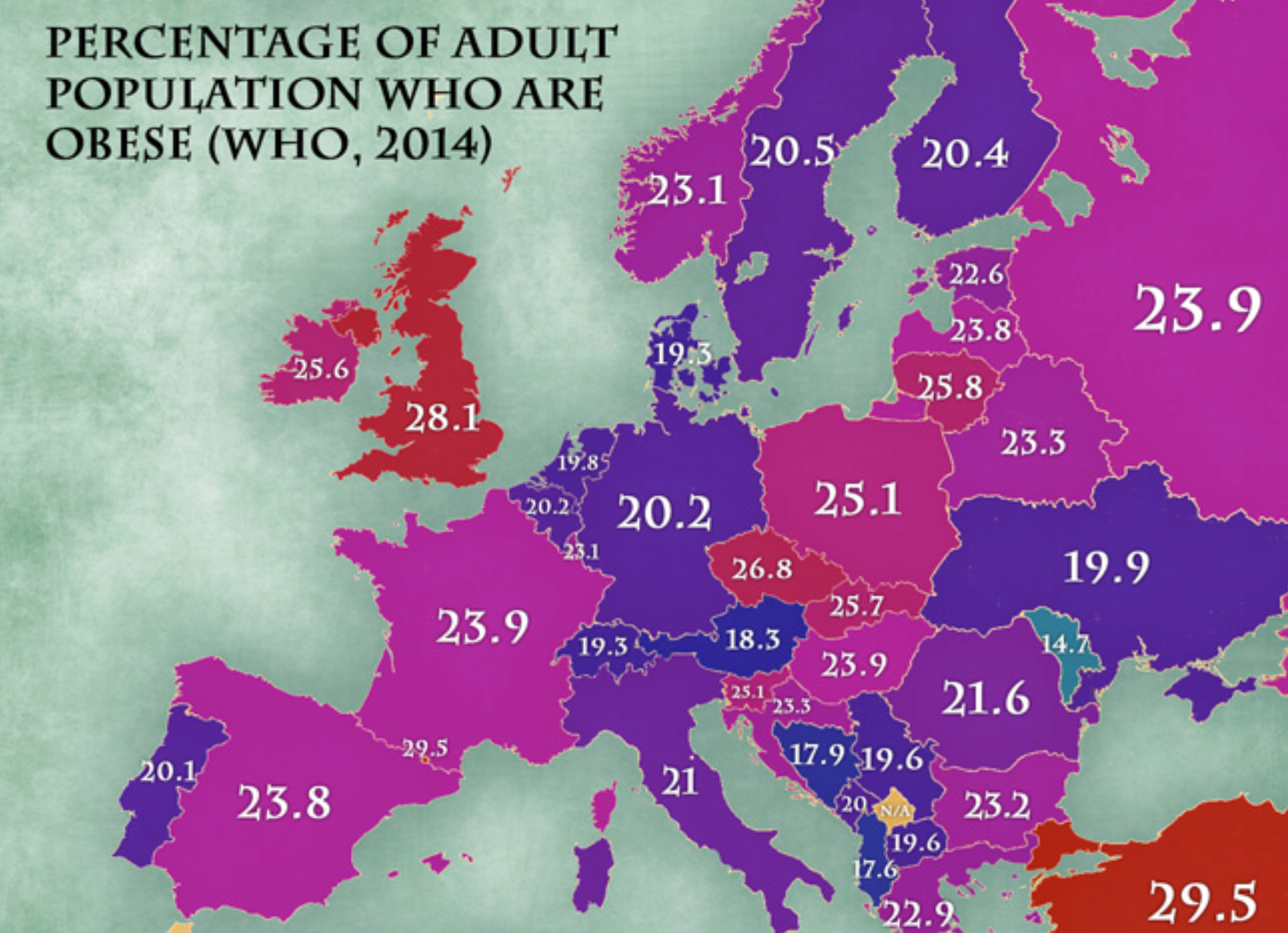This week (11-18 June) is Diabetes Awareness Week, a health issue that is an increasing problem. The number of people diagnosed with diabetes in Britain has more than doubled in the last twenty years.
According to Diabetes UK, approximately 4.6 million people are living with diabetes in the UK. The NHS currently spends 10% of its £100 billion budget on diabetes care. Type II diabetes, as many people know, is linked directly to obesity and in this field the UK leads – not so much the sick man of Europe as the fat man of Europe. In many cases diabetes is a preventable condition. All the while UK politicians have made excuses for a food taxation regime that leaves takeaway food untaxed obesity and diabetes and the care bill have been increasing. However diabetes care depends on the NHS and so Brexit will do further harm to an already strained system.
European funded research projects remain at risk and membership of the European Medicines Agency (EMA), though the UK has signalled a desire to participate, remains under a large question mark.
The continuing REDDSTAR project involves scientists from the UK, Portugal, Germany, the USA, Denmark and the Netherlands. REDDSTAR, or the Repair of Diabetic Damage by Stromal Cell Administration, is a project spread over the course of three years and if successful, would provide therapeutic options to control the complications of diabetes. Ideally, nothing should imperil this project. And on Planet Sensible, nothing would. However, we’re not on Planet Sensible, we’re on Planet Brexit.
The EMA will relocate from London to Amsterdam. If and when the UK leaves the EU, our membership of the EMA will in any case diminish. Unless we can successfully persuade the EU27 otherwise the UK will be relegated to a country with tier 2 market status. The most probable outcome are delays for NHS patients to receive new drugs. Switzerland, a country outside the EU, takes on average 157 days longer for access to EMA medicines. Indeed, over 45% of applications for medicines submitted by pharmaceutical companies are not submitted to Switzerland, with patients missing out on often vital drugs.
And I haven’t even got onto the dwindling numbers of health care professionals in the NHS, the NHS’ reliance on EU national staff – 11% of the NHS’s staff were born outside the UK – immigration restrictions on tier 2 visas, the healthcare gap left by removing the EHIC agreement, and likely increases in food prices affecting diets.
It’s hard to blame the EU for the state in which the UK finds itself. The modern history of the rise of Diabetes is a truly depressing tale and one with consequences that are consistently forcing the costs of the NHS higher.
If you would like more information on Diabetes Week 2018, and diabetes in general, visit: https://www.diabetes.org.uk/get_involved/diabetes-week



